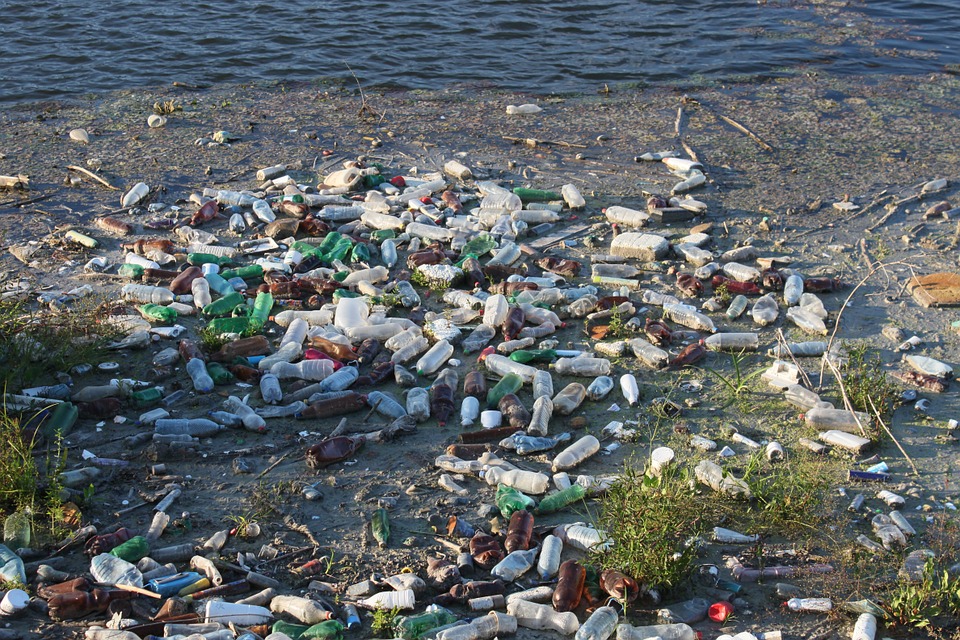A circular economy is more than just an opportunity for Indonesia to reduce waste and improve the environment. Our report with the UNDP, Bappenas, the Embassy of Denmark in Jakarta, and a consortium of partners details how a circular economy can be an important tool for Indonesia to “build back better” from the pandemic.
The analysis in this report shows that fully adopting circularity opportunities in five key sectors of the economy (food & beverage, textiles, construction, wholesale and retail trade, and electrical and electronic equipment) could be a key component of the economic recovery, helping to strengthen the economy, create new jobs, lower household costs, and preserve the environment. By adopting circular economy opportunities in these sectors:
- Indonesia’s GDP could increase by IDR593 to 638 trillion (USD42 to 45 billion) in 2030 (than it would under a “business-as-usual” approach) in 2030
- 4.4 million cumulative net jobs could be created economy-wide between 2021 and 2030, out of which 75 percent could be for women
- CO2e emissions and water use could be reduced by 126 million tonnes and 6.3 billion m3 in 2030, respectively (equivalent to 9 percent of the current emissions and 3 percent of the current water usage)
- The average Indonesian household could save IDR4.9 million (USD344) annually, representing almost nine percent of the current yearly household expenditure.
By creating new job opportunities, making supply chains more resilient, and providing business opportunities (particularly for Micro, Small and Medium Enterprises), a circular economy can be a key component of Indonesia’s economic recovery. However, the analysis also highlights some challenges, including potential job losses and reduced demand for upstream production in the five focus sectors (under some scenarios). A robust multi-stakeholder roadmap is envisaged as the next step in this work and will be crucial for tackling these concerns and addressing the barriers for capturing the circular economy opportunities.
Click “More” below to read the English report. The Bahasa Indonesia version of the report will be published in the coming weeks.
More



